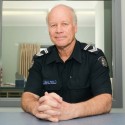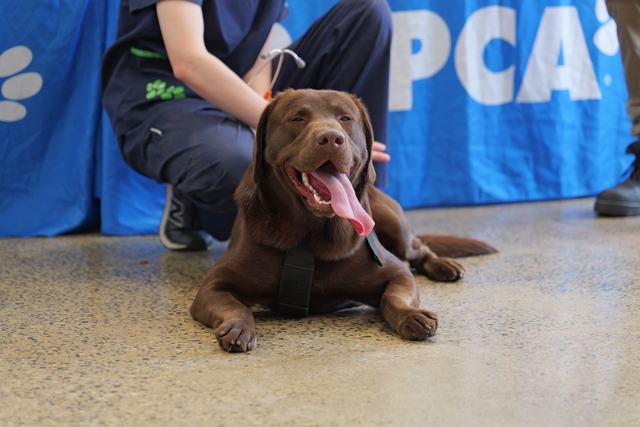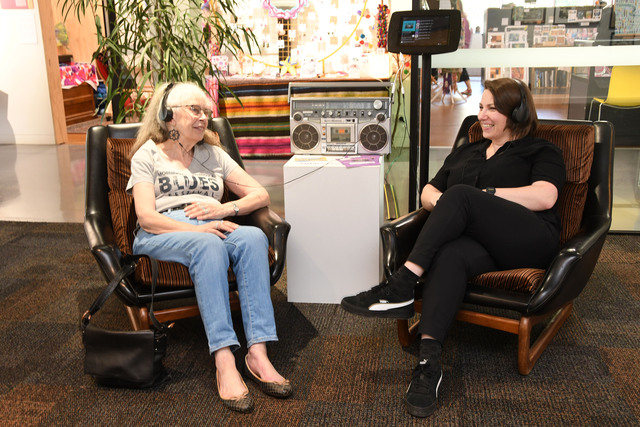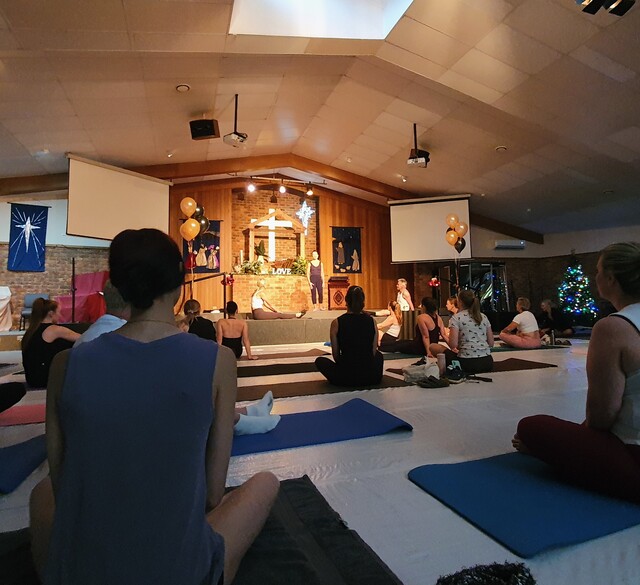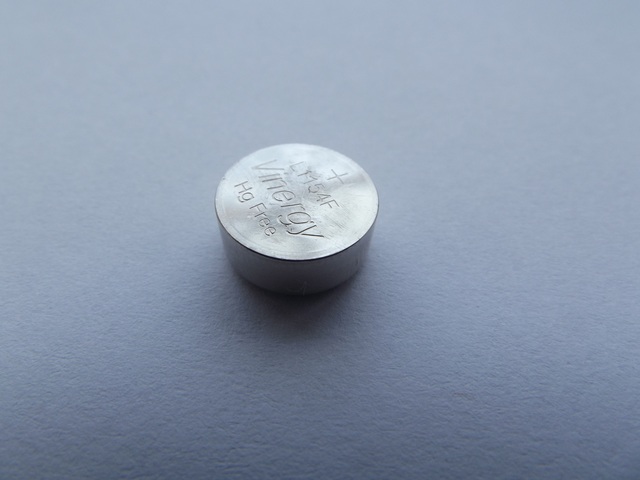By JESSE GRAHAM
A LOT can change in 45 years.
For Yarra Glen Police Leading Senior Constable (LSC), Glen Piper, most aspects of his job have been completely overhauled since starting with Victoria Police in 1970.
Sitting down with the Mail at the Yarra Glen Police Station, LSC Piper said he got his start in 1969, when he finished fifth form and his friend signed up for the Cadets.
“I couldn’t see myself as a carpenter or a fitter and turner … so I just thought ‘Oh well, sounds like a good job’,” he said.
“At that stage, you did 20 weeks at the academy – you did 20 weeks and they pushed you out, said ‘You’re on your own’ and you’re sent to Russell Street (police station).”
LSC Piper said that, although the force threw new recruits in the deep end, he’d loved “every bit” of the last 45 years as a policeman.
He was among many officers invited to Victorian Parliament House earlier in the month, for an event recognising the service of members who had contributed more than 40 years to their job.
After working in the city and Heidelberg, LSC Piper transferred to Lilydale Police Station in 1976, spending seven years there and about 10 years in Healesville before ending up in Yarra Glen in 1993.
“You come out here and think ‘This is Shangri La out here’,” he said, of his first drive into the valley, an area he now calls home.
Over his 45 years, he said that police training and attitudes had completely changed on issues like family violence, which once had no protocols for officers to follow.
“There was no support for anybody, for women,” LSC Piper said.
“We had no training whatsoever in relation to that – there was just nothing.
“The attitude was that if you got a smack in your mouth by your husband, you probably deserved it.”
He said the lack of training was symptomatic of the times, and that police officers did not even receive follow-up firearms training after leaving the academy – now, officers are tested every six months, family violence victims have a number of means available, and protocols are in place for any incident.

“It’s gone from nothing, to support services for everybody,” he said.
“Now, women are prepared to stand up and say something, and there’s a lot of pressure on us to do something about it – intervention orders have made a big difference, giving women a bit of protection.”
Though intervention orders are often breached by partners – with notable cases in recent months – LSC Piper said the force was looking at ways of strengthening the process, to protect victims.
He said the Yarra Valley was also in the “unique” position of having four smaller stations – Healesville, Yarra Glen, Yarra Junction and Warburton – where residents can come and talk to local police.
“They might go to a big police station, and they don’t have the time at these places for locals, to deal with their problems,” LSC Piper said.
“Here, they can come in here and speak to me, I can bring them in here and have a cup of tea with them.
“We’re quite fortunate to do that – they get more of a personal service, and you get to know everybody and what everybody’s doing.”
The downside of local policing, he said, was that serious car crashes and fatalities often featured local faces.
“I’ve gone to several accidents over the years, fatal accidents, where I’ve known the people,” he said.
“They’re still in my mind. I remember going to one, a couple of years ago, where a little tiny boy was killed at his farm property in Lilydale – run over by a car. That sort of stuck with me for a while.”
“(But) we’re just professional people, and death becomes … you just do it, because you’ve got to do it.”
LSC Piper said another development in the force was the support provided to officers in the aftermath of serious incidents, and that officers could reach out for help easily – something not as accessible 40 years ago.
“It’s a good job – they’re great people to work for,” he said.
“Coppers whinge and complain a bit, but when you boil it down, it’s still a good job.
“The highlights … I think just being a member and helping people – it’s not all about booking people, you try to help them in other ways.“
At 63 years old, LSC Piper said he had long talked of retiring, though he said he’d keep going until he was 65 at least.

